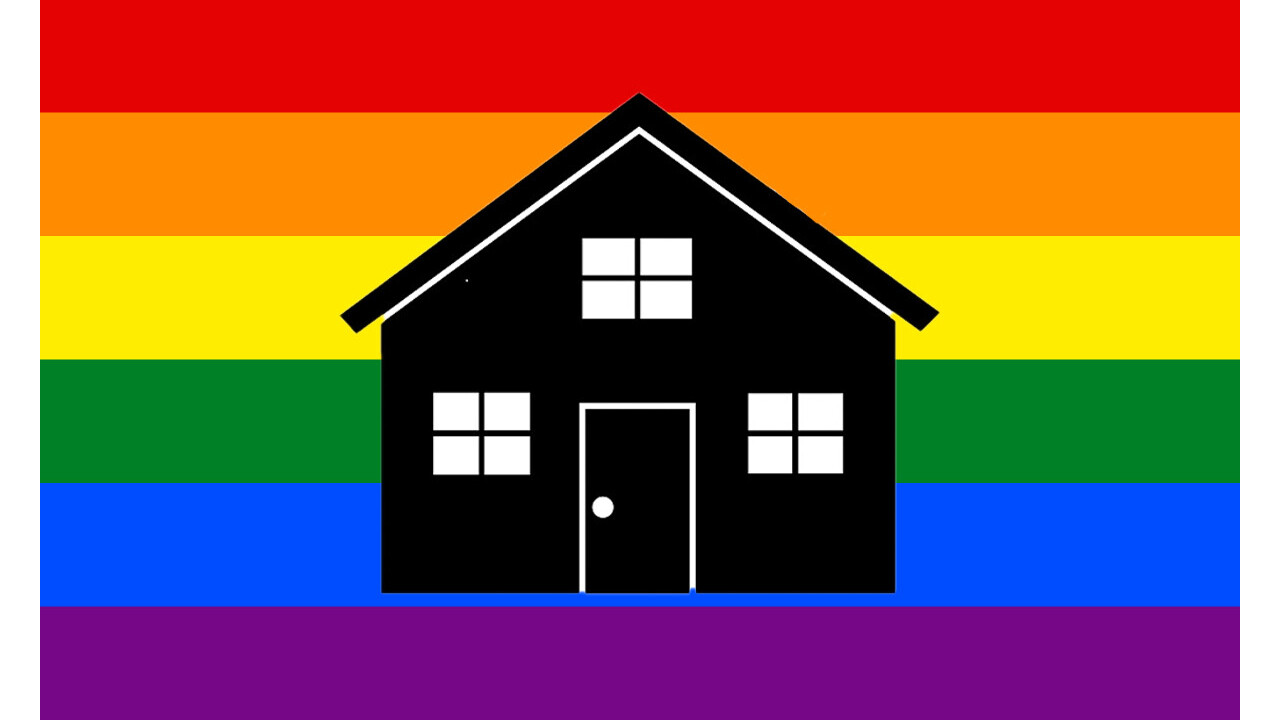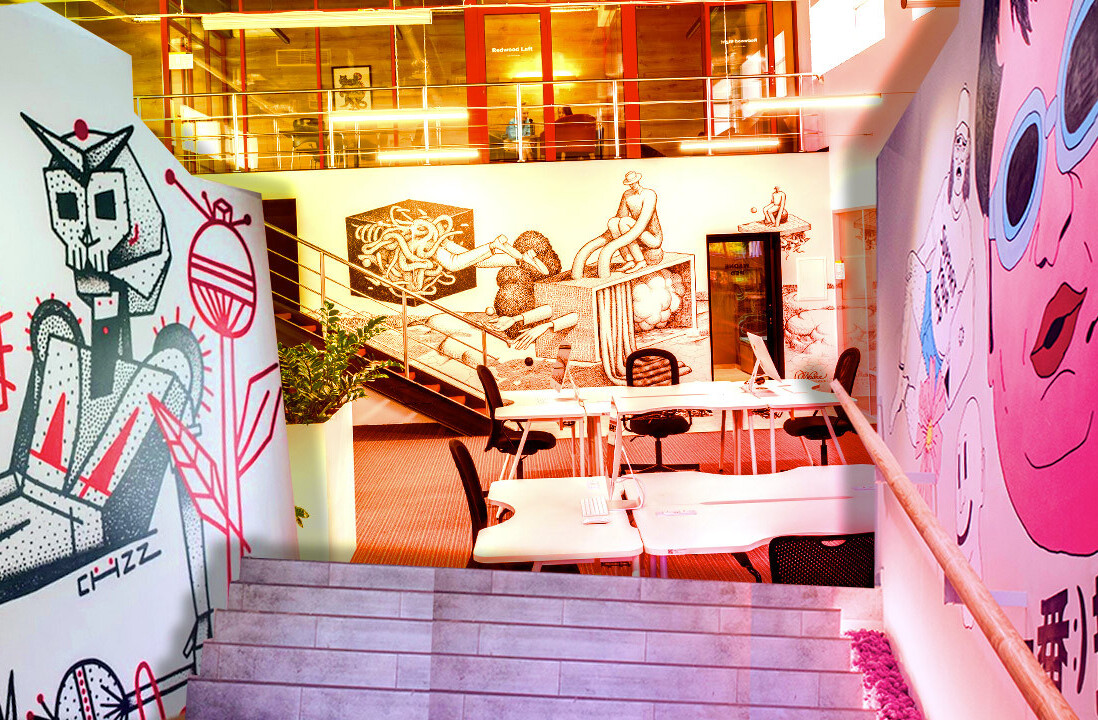
Being queer in the science, technology, engineering, and math fields can be exhausting. There’s a never-ending torrent of peer-reviewed research, exposure articles from journalists, and testimony from current and former employees that demonstrates a clear and consistent bias against the LGBTQ+ community in STEM.
And that’s just the private sector. Don’t even get me started on academia and the government sector.
It’s clear that workplace discrimination, confrontation, and isolation have a direct impact on how long a queer person remains in STEM, how far they advance in their careers, and, most importantly, their mental and physical health.
Tech is a dangerous, unwelcoming place for queer people.
Harassment, discrimination, and “othering” are all common issues queer people deal with. And it’s been proven that workplace toxicity, over time, can have serious health consequences including shortened lifespan and myriad stress-related mental and physical complications.
In other words: It’s demonstrably more physically and mentally dangerous to be queer in STEM.
Luckily there’s a solution. But it’s not perfect.
I’m talking about remote work. The reason why at least half of us (I suspect much, much higher) have witnessed workplace discrimination is because it’s rampant.
While many might view “discrimination” as a matter of saying or doing something intentionally offensive, it more often manifests in passed promotions, team avoidance, “jokes” and othering.
I can’t speak for anyone else, but my personal experience is that some of the same people in the STEM community who were receptive to my ideas before I came out suddenly don’t have time for me since last year.
As a tech journalist, I’m lucky enough to work for a company that respects me and provides a safe and supportive work place. But I had no way of knowing that when I got hired.
Any company can give a giant spiel about its numerous diversity programs and how it supports the LGBTQ community, but there’s know way for a queer person to know what the experience of working in an office is going to be like until they do.
To put it bluntly: If your workplace doesn’t have queer, non-binary, trans, gay, lesbian, pansexual, or asexual people in it already, you can’t be sure how your employees will react to their presence.
We’d all like to think our team is full of compassionate, empathetic people who would never harass or discriminate.
But that’s not reality. At least half of us, as mentioned above, have experienced discrimination – yet we only make up about four percent of the population.
Remote work solves a lot of the friction for queer people. It can be a lifesaver for people in the closet, especially when most aspects of office culture are incredibly heteronormative.
And, for those of us who are out, it can save us from chance encounters with bitter bigots and exposure to heteronormative pressure that results in othering.
But, as mentioned, it’s not a perfect solution.
Things can actually get worse for workers who transition to remote work when companies don’t have strong codes of conduct in place to prevent harassment.
Per a CNBC article by Jennifer Liu:
A survey of remote workers in tech from the research group Project Include found that online harassment and hostility went up for LGBTQ workers during the pandemic. Some said existing pressures on marginalized workers — including young, female, and nonbinary employees — got worse in the transition to working remotely.
Worse, it’s unclear what remote work will ultimately mean for the workplace.
On the one hand, it’s clear that STEM is dangerous for queer people. But, on the other, every space benefits from diversity and queer perspectives are as important in the office as they are outside of it.
At the end of the day, the solution isn’t to martyr queer people who’d be better off working remotely in order to push a “perfect office” agenda.
Even if your office is a bastion of support, like my employer’s is, it’s still exhausting and dangerous being queer in STEM. Remote work offers us the ability to face the fight on our own terms.
It allows us to choose employment based on position fit, not whether or not the city or country a position is in has a legal or cultural problem with our sexuality. It means we can have Silicon Valley, New York, or even Amsterdam tech careers without leaving the safety of our home communities.
Remote work gives queer STEM workers options they may not otherwise have.
Get the TNW newsletter
Get the most important tech news in your inbox each week.




